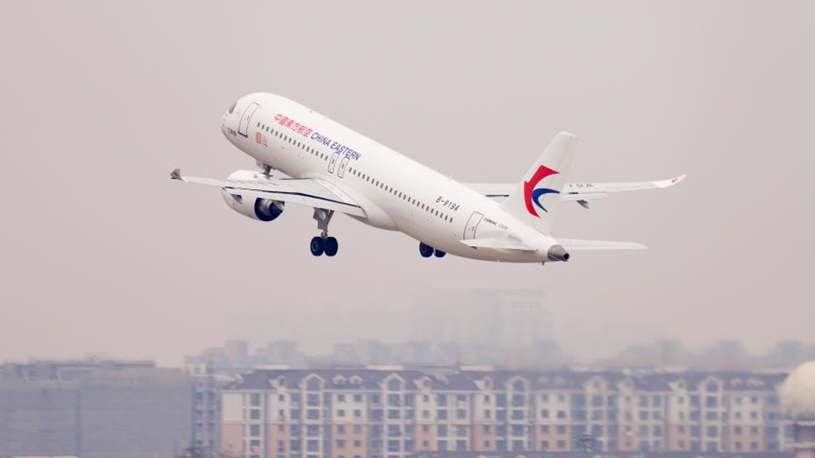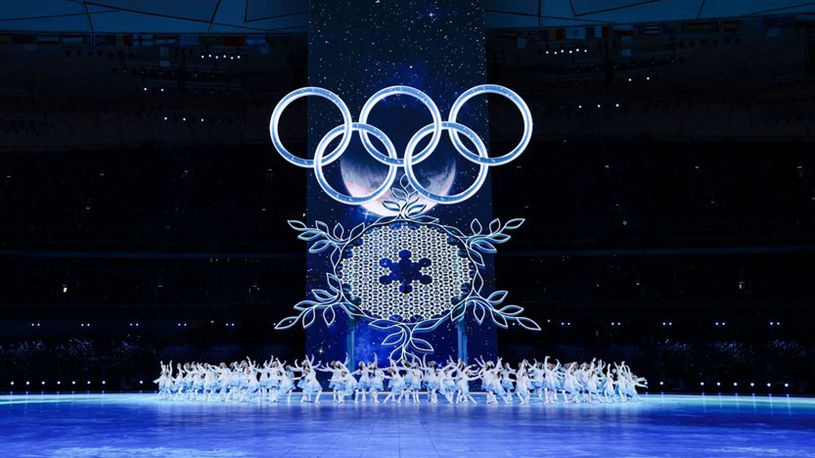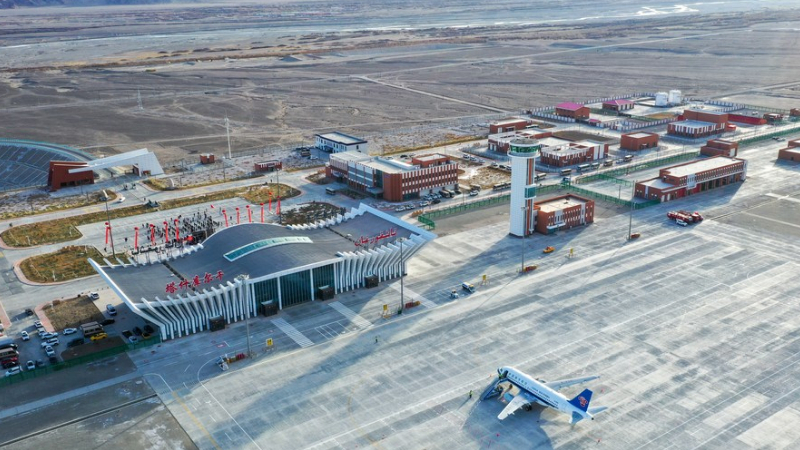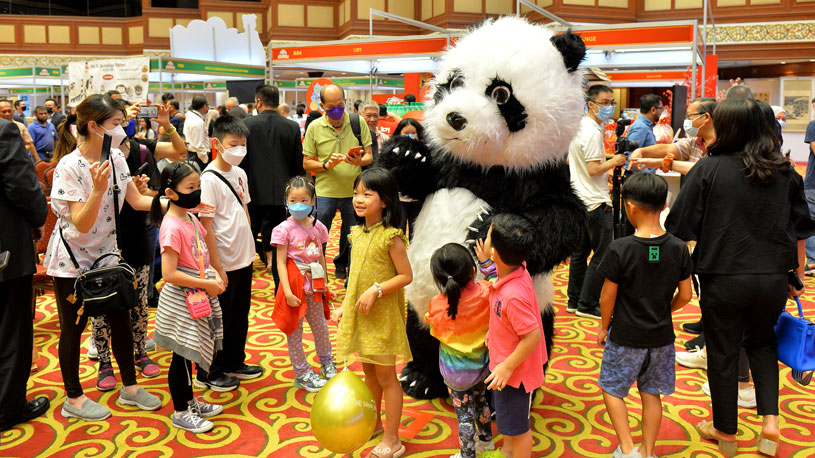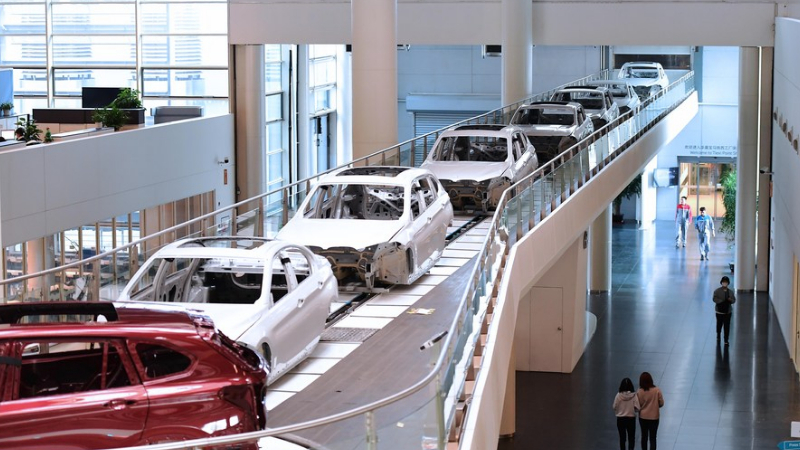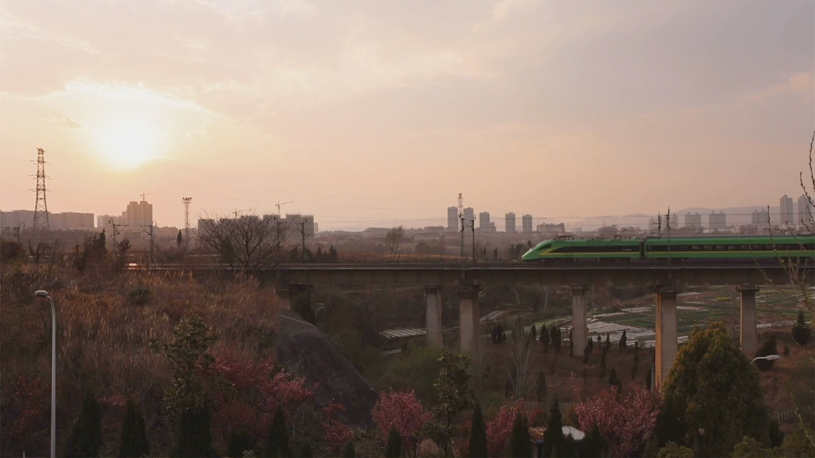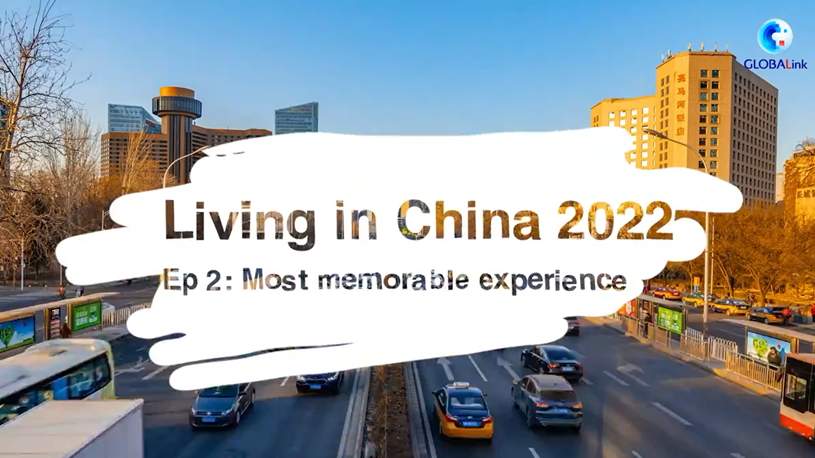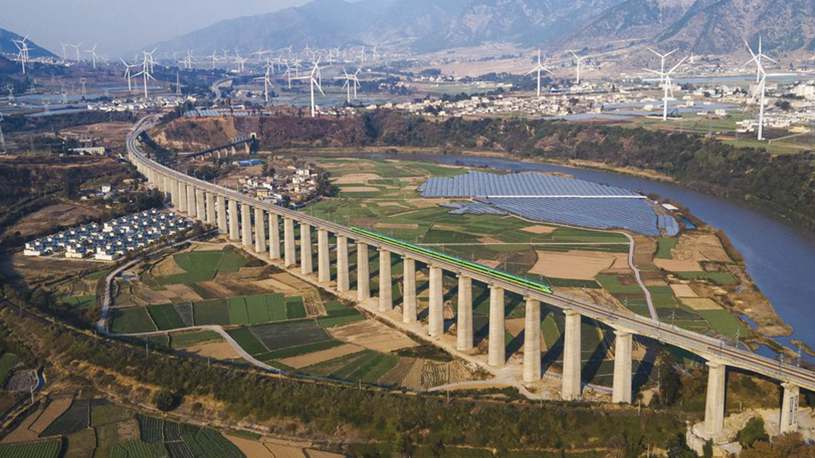
Photo taken on Jan. 13, 2022 shows containers at the Hong Leng Huor Dry Port on the western suburb of Phnom Penh, Cambodia. (Photo by Phearum/Xinhua)
"It's all about medium and long-term interest," said Kao Kim Hourn, a minister attached to the prime minister of Cambodia. "It's about medium and long-term cooperation among countries involved."
PHNOM PENH, Dec. 28 (Xinhua) -- The Regional Comprehensive Economic Partnership (RCEP), the world's biggest free trade deal, is all about "win-win" cooperation and is "not a zero-sum game," a Cambodian government official has said.
The RCEP is the victory of free trade and multilateralism against the backdrop of protectionism and anti-globalization, Kao Kim Hourn, a minister attached to the prime minister of Cambodia, told Xinhua.
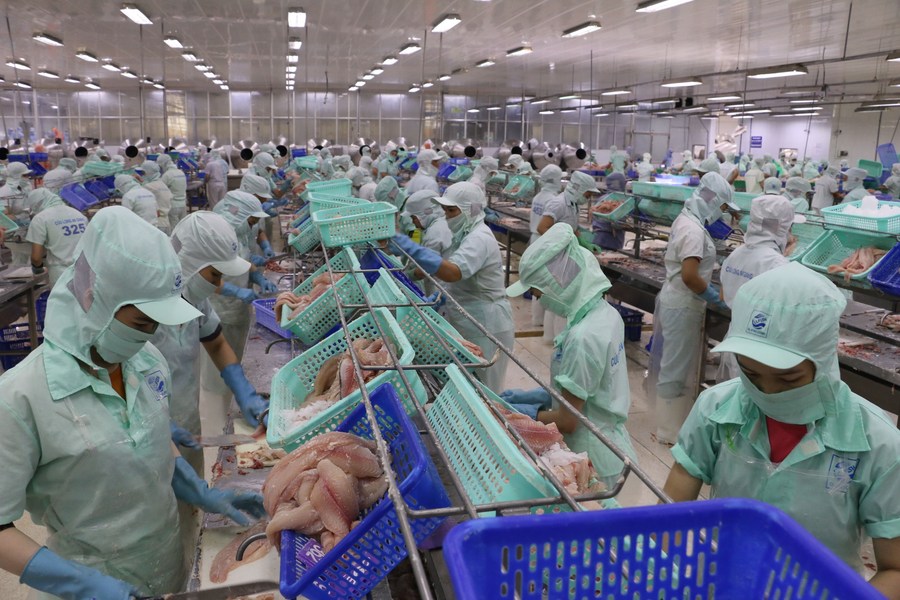
Workers process fish for export at a factory in An Giang province, Vietnam, March 14, 2022. (VNA/Handout via Xinhua)
The mega-regional trade pact comprises 15 Asia-Pacific countries: 10 ASEAN (Association of Southeast Asian Nations) member states -- Brunei, Cambodia, Indonesia, Laos, Malaysia, Myanmar, the Philippines, Singapore, Thailand and Vietnam -- and their five trading partners, namely China, Japan, South Korea, Australia and New Zealand.
All participating countries will "be benefiting from this RCEP cooperation" in the long run, as it facilitates free flows of goods and contributes to attracting foreign direct investment (FDI), said Kim Hourn, who will take over the post of secretary-general of ASEAN from January 2023.
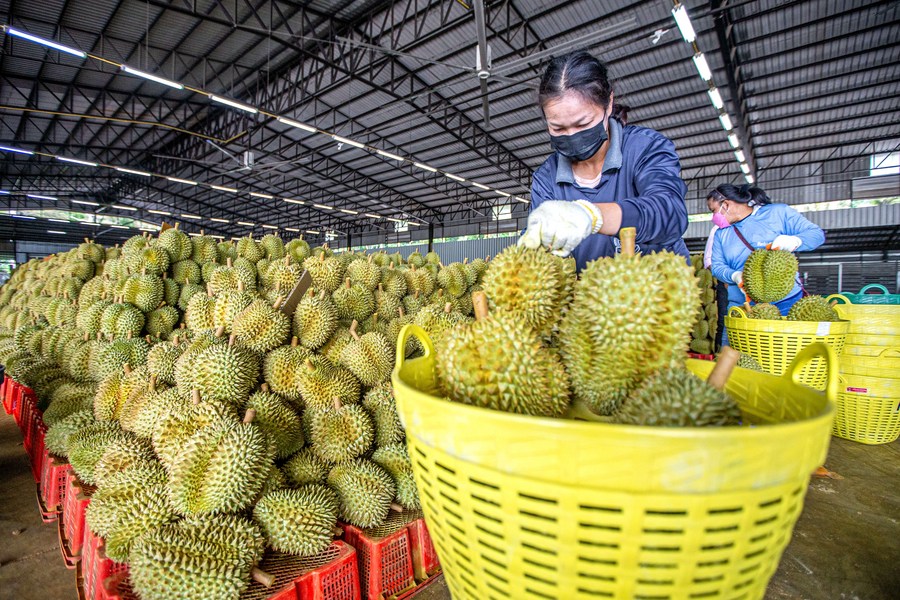
A worker arranges durians at a durian processing factory in the Chanthaburi province, Thailand, May 5, 2022. (Xinhua/Wang Teng)
The trading arrangement, which took effect on Jan. 1, 2022, has a combined GDP of 26.2 trillion U.S. dollars, representing around 30 percent of global GDP, 28 percent of global trade, and 32.5 percent of global investment. It will eliminate as much as 90 percent of the tariffs on goods traded among its signatories over the next 20 years.
"It's all about medium and long-term interest," Kim Hourn said. "It's about medium and long-term cooperation among countries involved."
The minister said under the RCEP, Cambodia has seen an increase in trade volume with its neighboring countries within ASEAN and with other RCEP member states.
Cambodia's total export to RCEP members was valued at 3.28 billion dollars in the first half of 2022, up 10 percent from 2.99 billion dollars in the same period last year, according to a report from the country's Ministry of Commerce.

Garment workers make clothes at a factory in Phnom Penh, Cambodia on Dec. 17, 2021. (Xinhua/Wu Changwei)
"The RCEP is good for Cambodia because we believe in free trade areas, we believe in export and import, and we believe in attracting FDI," he said.
Sharing his view on China's contribution to regional trade under the RCEP, Kim Hourn said it's important for ASEAN and China to work together to maintain multilateralism and to support the World Trade Organization for global free trade.
"China is big, and everybody wants to do business with China, so it's normal that China's participation in the RCEP is critical, and we're happy that China is in it," he said, adding that China "makes important contributions to the RCEP."
According to a study by the Asian Development Bank, the RCEP is expected to increase its member economies' incomes by 0.6 percent by 2030, and add 245 billion dollars annually to regional income and 2.8 million jobs to regional employment. ■

